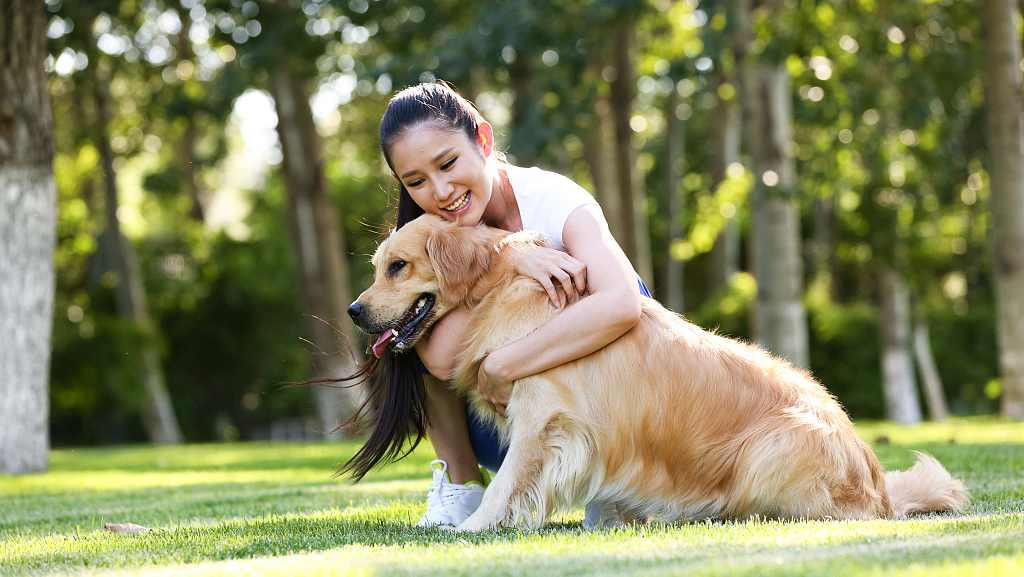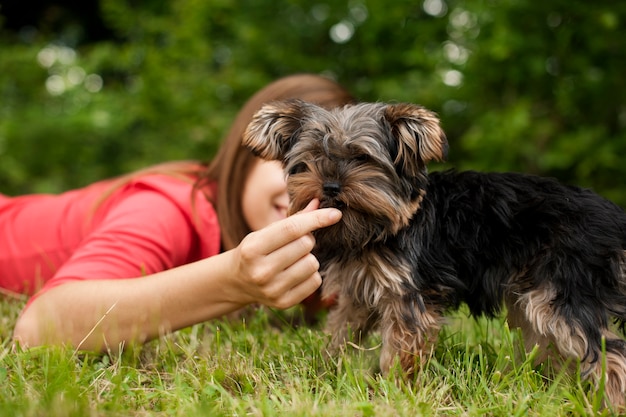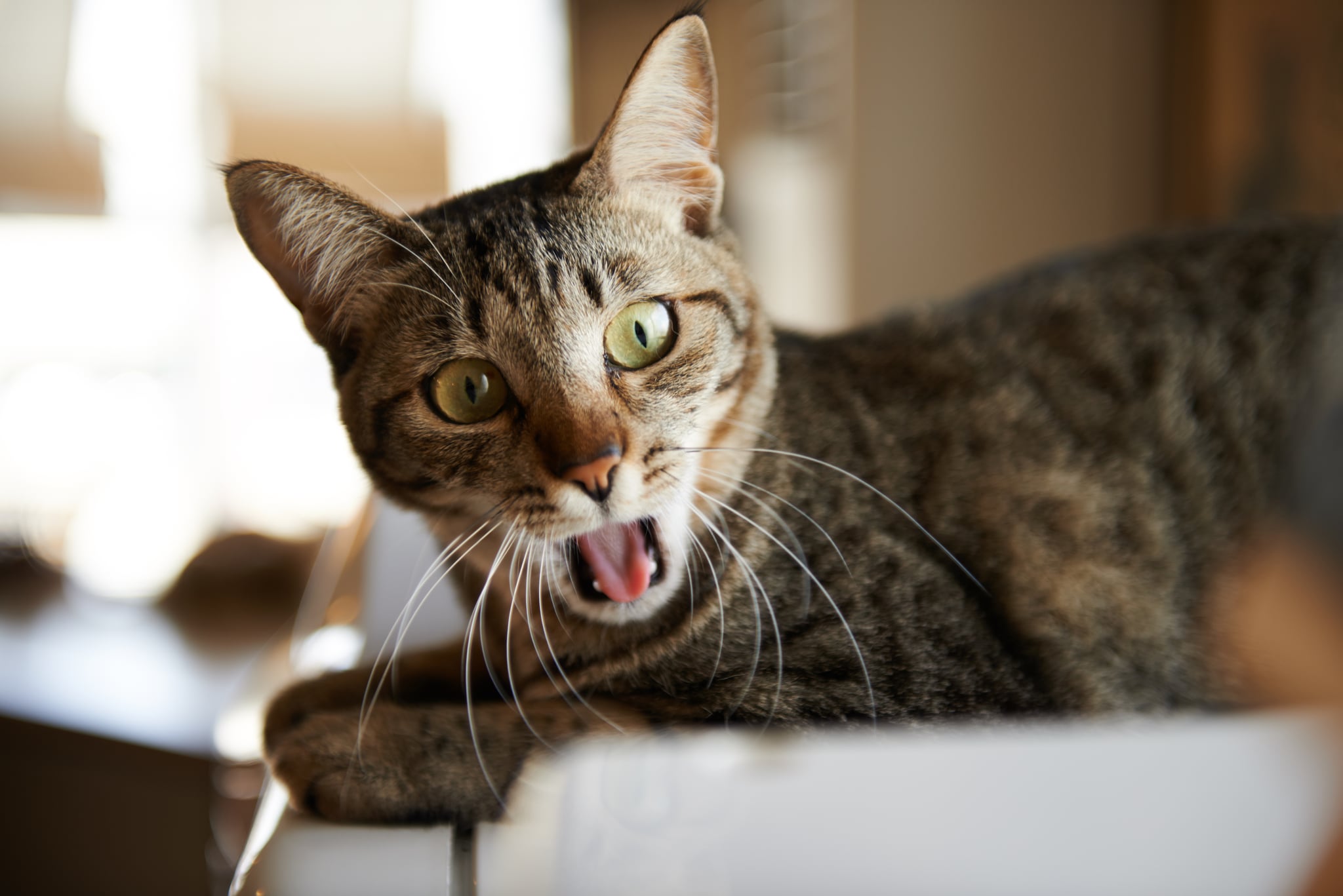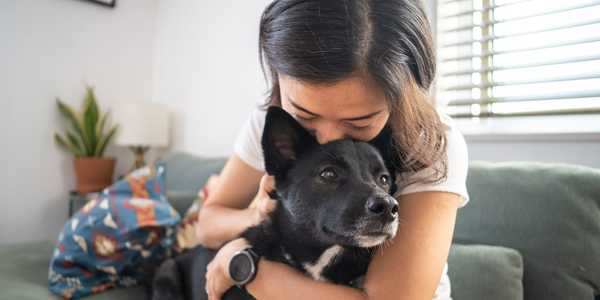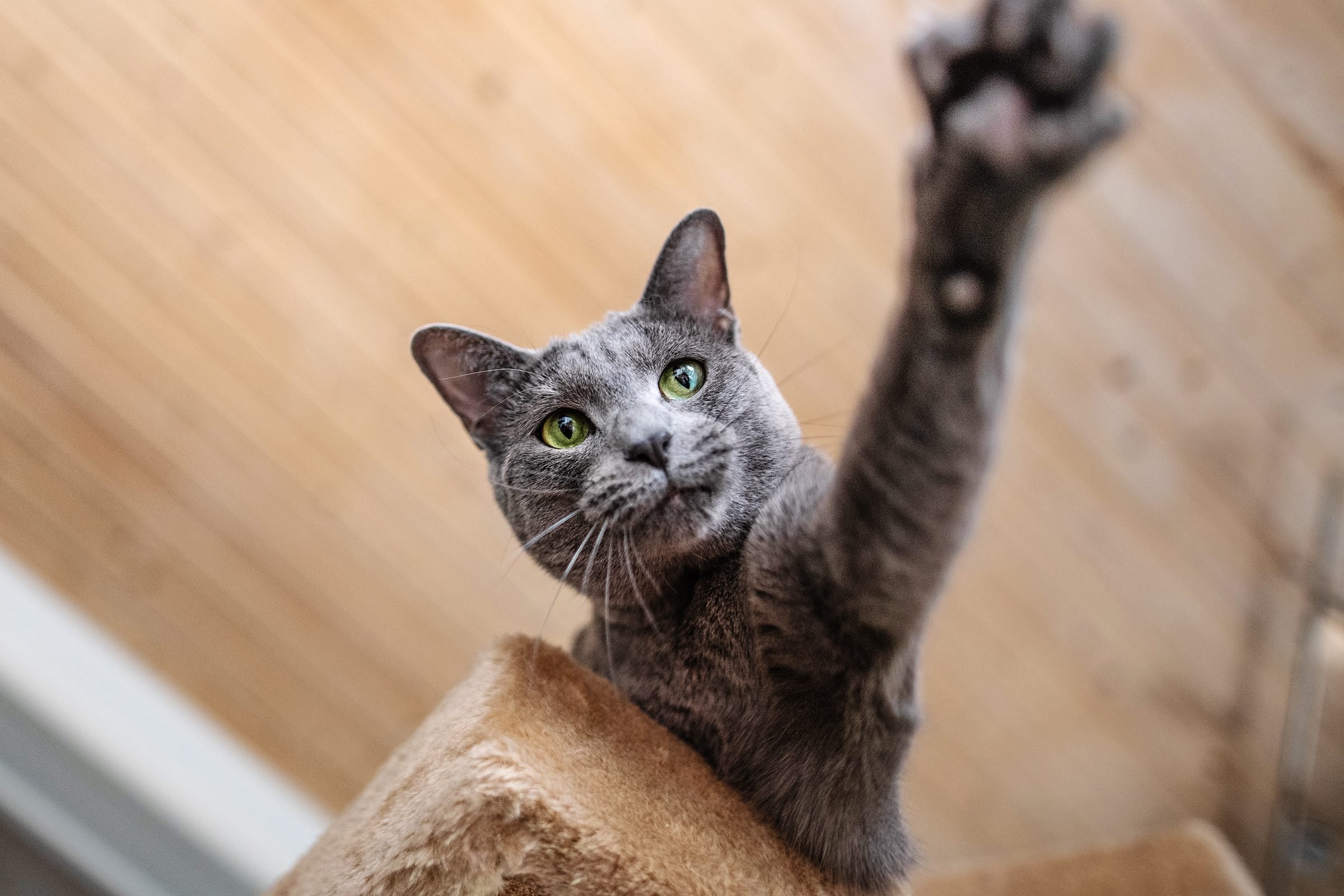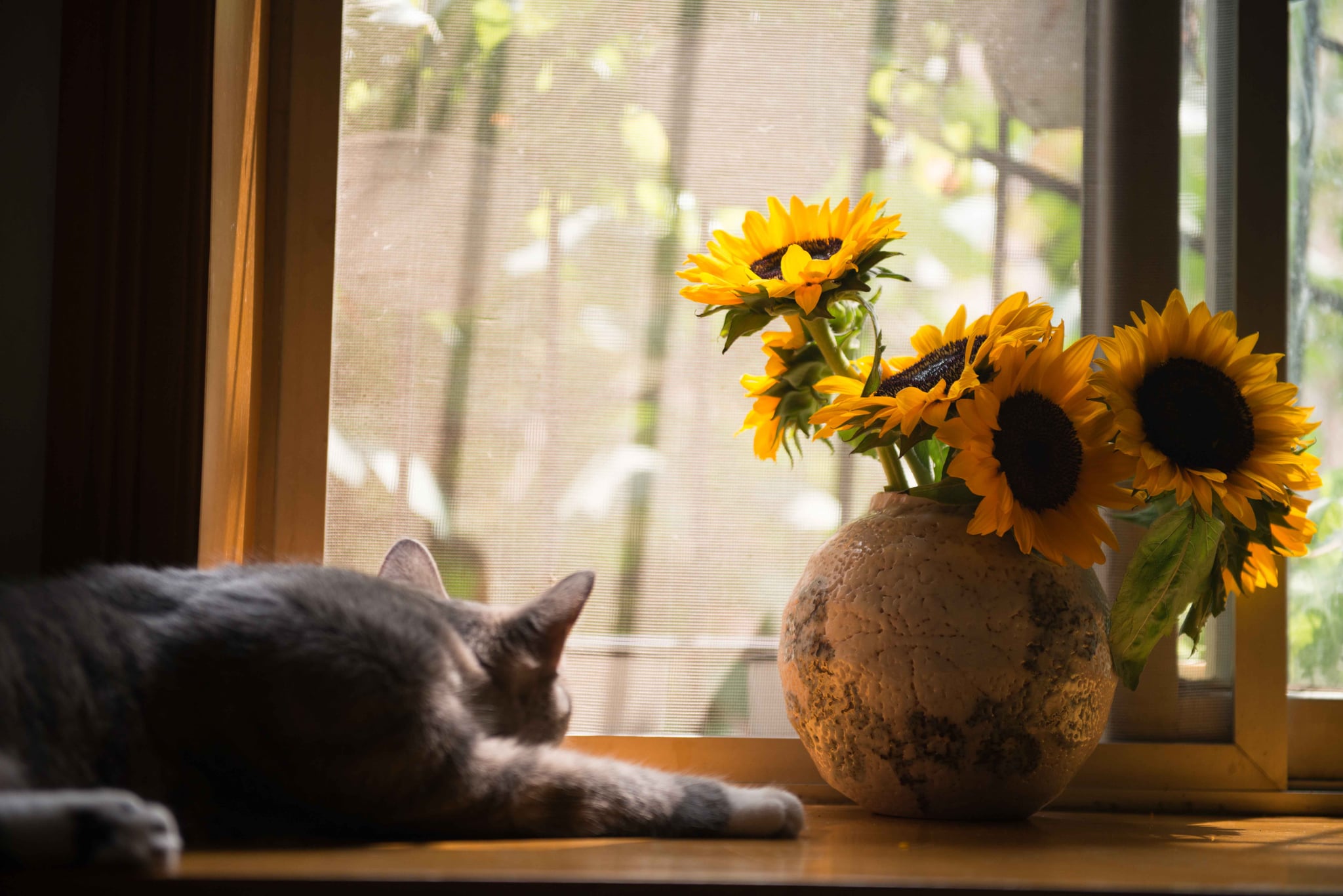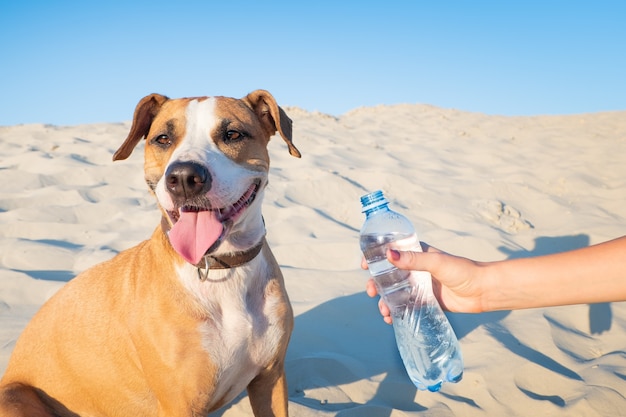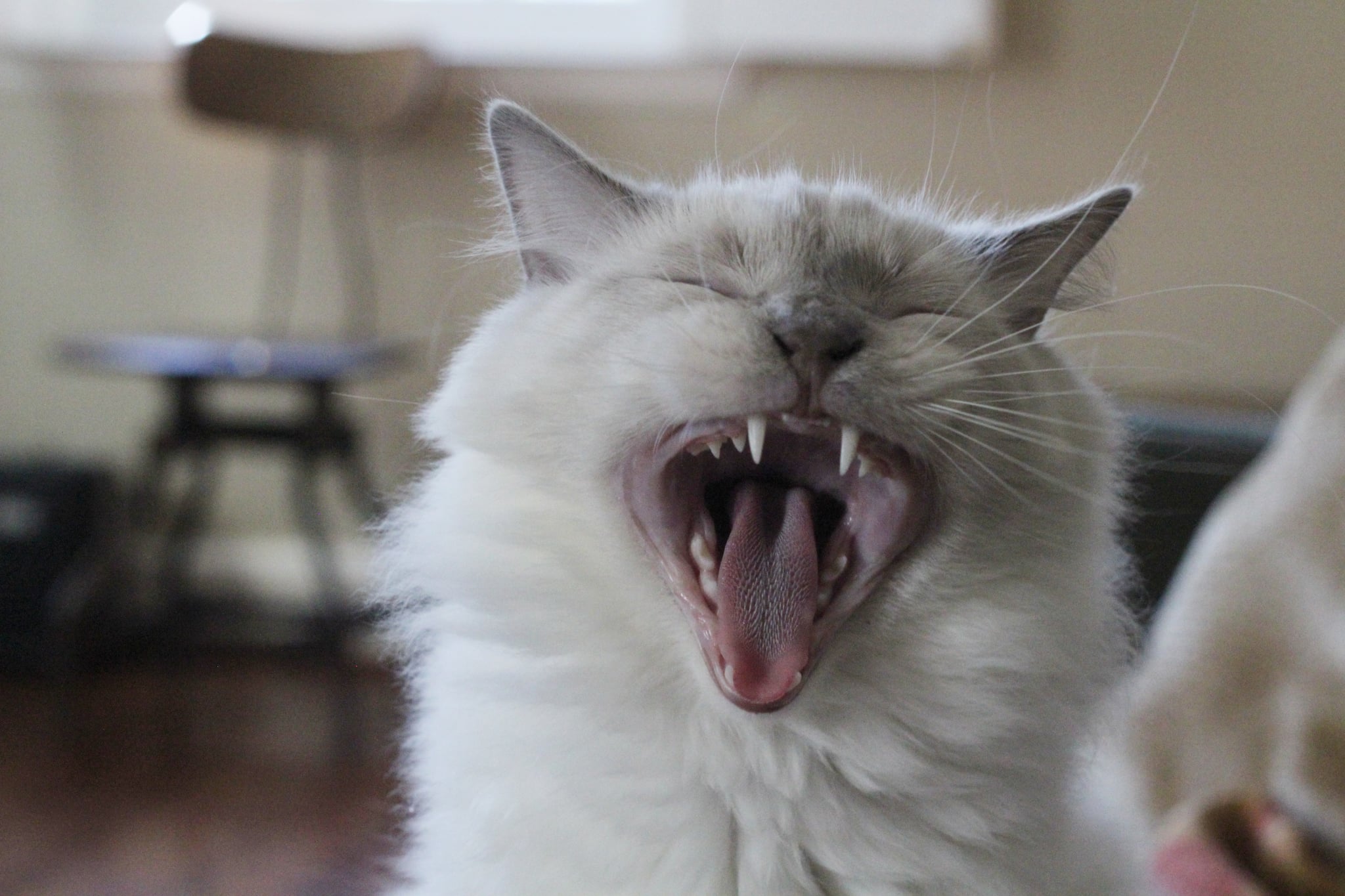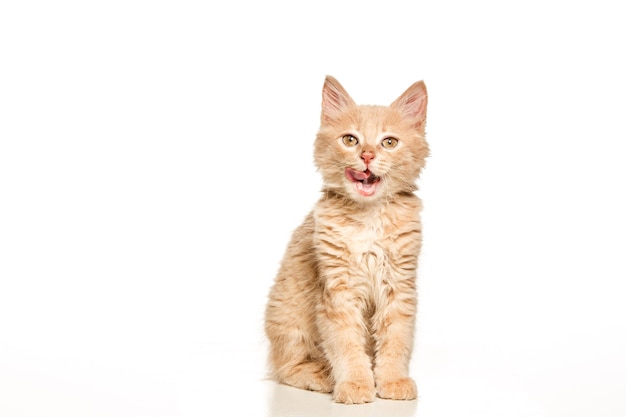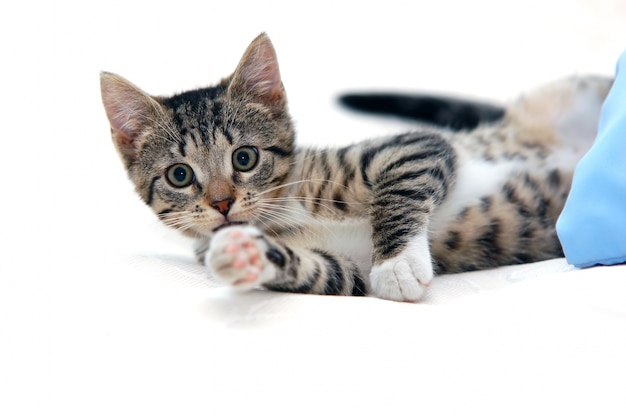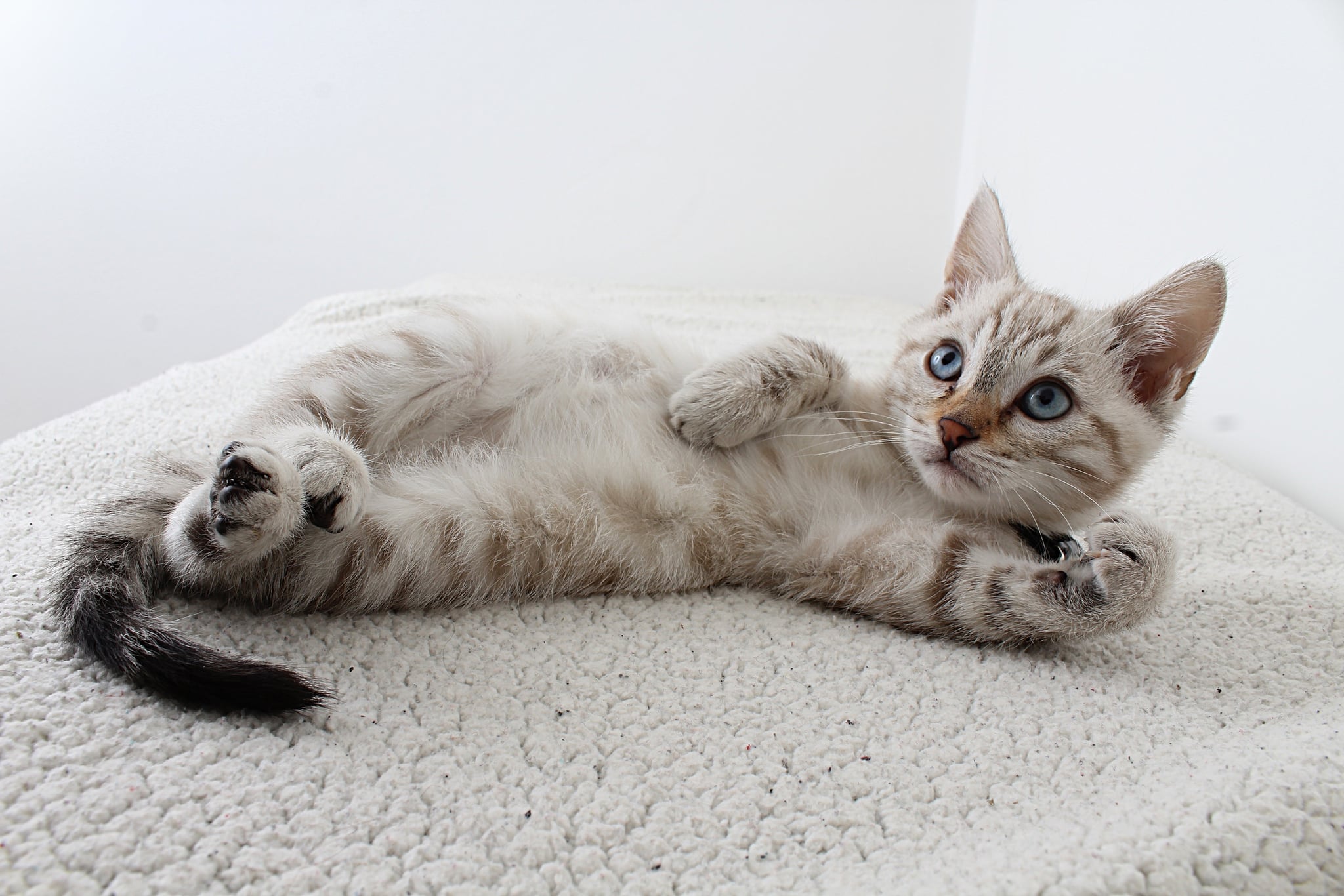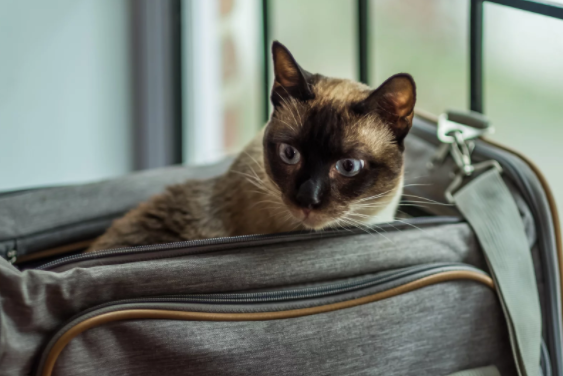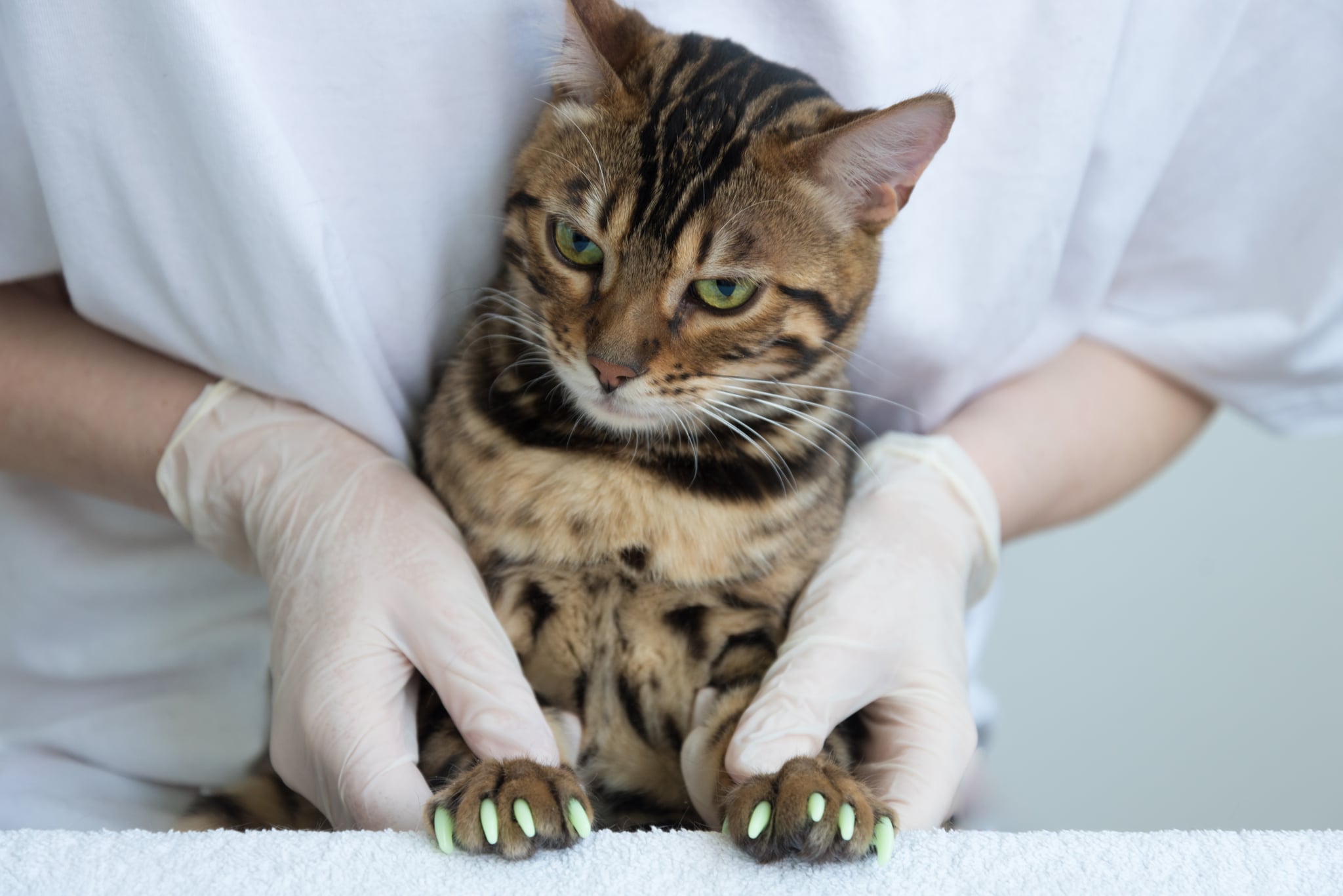
There’s a lot of things to love about cats: their playful nature, sweet purrs, and gentle demeanors first come to my mind. However, I’m pretty confident in saying that their constant scratching and clawing at furniture is not a favorite quality. While this behavior can be extremely frustrating, declawing feline friends is generally unadvised by experts except in rare situations. According to the Humane Society, declawing is known to be quite painful and can lead to infection, lameness, and tissue death.
“Some cats may have an adjustment period of a few days. While the caps are not painful, they likely feel ‘funny’ for your cat to wear at first,” Dr. Garner said. However, the caps can be painful if they’re applied incorrectly or if your cat is particularly sensitive to the adhesive, Anthony Hall, DVM, MPH, an expert vet at Airvet, told POPSUGAR. For this reason, it’s important to watch your cat’s behavior for any sign of intense discomfort if you chose to put on claw caps.
(more…)



